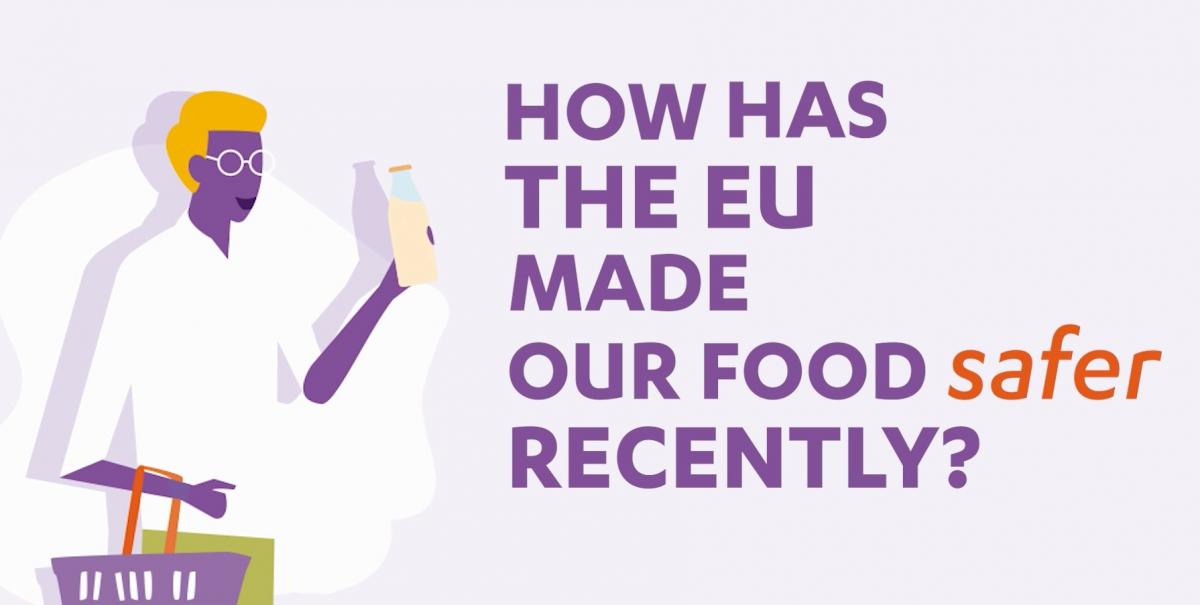World Food Safety Day: what the EU has done and must still do
World Food Safety Day: what the EU has done and must still do
BEUC NEWS - 07.06.2019
Today is the first ever World Food Safety Day. To mark the occasion, we have assessed the outgoing EU Commission’s legacy of making our food safer as well as the challenges that lie ahead for the upcoming one.
How has the EU improved food safety?
- Since April 2018, the EU requires food makers to cut cancer-causing acrylamide in crisps, chips, biscuits and other starchy foods that are cooked at high temperature.
- Processed foods such as biscuits, pizzas and wafers will have to be free of artery-clogging trans fats, according to a new regulation. From 2021, food manufacturers will have to bring down the amount of industrially produced trans fatty acids (TFAs) to less than 2gr per 100 gr of fat. Tests carried out by consumer groups have found that some foodstuffs such as margarine, particularly in Eastern Europe, continue to have high levels of TFAs (up to 20 gr in some cases).
- To keep antibiotics working, the EU has imposed a more prudent use of them in farm animals. The new law on veterinary drugs aims to curb antimicrobial resistance, one of today’s biggest global health threats. The routine use of antimicrobials to prevent animals from getting sick will be prohibited, and some antimicrobials will be reserved for treatment of humans only.
- The secrecy around food safety studies will end. Thanks to new rules passed this spring, the EU’s food safety watchdog (EFSA) will have to publish the industry studies it relies on for its assessment of substances that end up in our food, such as food additives and pesticides.
These improvements are most welcome. Yet the EU must not rest on its laurels:
- The new acrylamide measures are a first right step, but the EU should add teeth to those rules to better protect consumers – especially the youngest. The benchmarks for this contaminant must be lowered and made binding on food producers.
- Food additive titanium dioxide must be banned. There is growing concern that it’s not safe, and it’s not needed. Together with civil society organisations, last month we asked the EU Commission to extend France’s ban of the E171 additive EU-wide.
- Member States must allocate enough resources to the authorities whose job it is to carry out food checks. An EU audit published earlier this year found that Member States tend to test more for certain substances (e.g. pesticide residues) while others slip under the radar (e.g. additives), because of a lack of resources.
- Unsafe chemicals must be removed from food packaging. Our food is in contact with many different materials and products. But the current rules need an overhaul as they fail to sufficiently protect consumers from chemicals migrating from packaging for instance.
We look to the upcoming EU Commission and Parliament to heed our calls during their next mandate.
More information:
- Check out the short animation we have made to mark the day.
- BEUC’s work around food safety.
Contact Card
Communications Department
The European Consumer Organisation
Europäischer Verbraucherverband
Bureau Européen des Unions de Consommateurs
Tel:
E-mail:

Pauline Constant
Director, Communications


